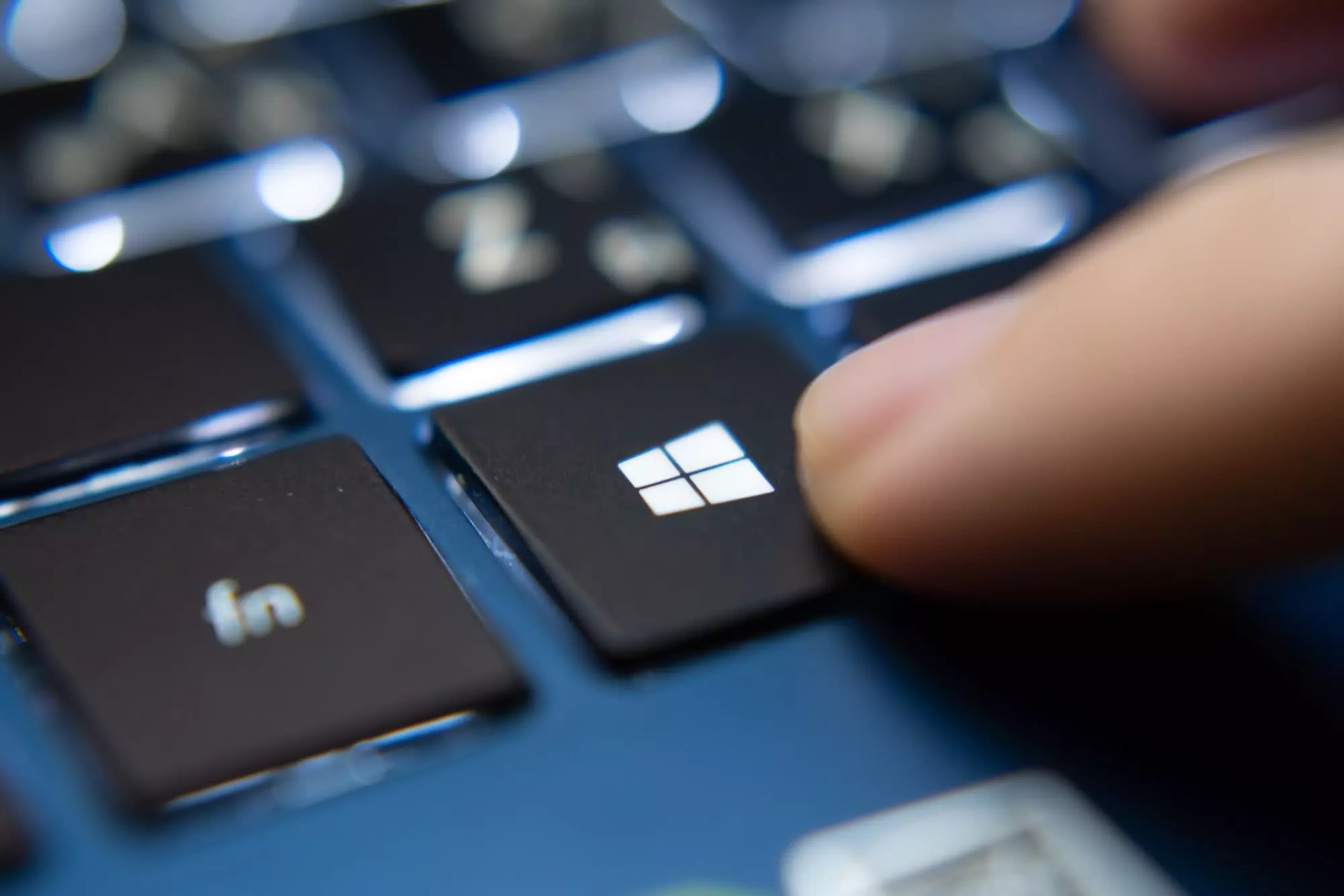What just happened? Windows 10 is still found a lot more devices than Windows 11, despite Microsoft's efforts to get people onto its latest operating system. Redmond's next push is a significant one: later this month, the company will stop issuing Windows 10 licenses via its website.

Microsoft has revealed on the softwares' official product pages that it will stop directly issuing licenses for Windows 10 Home, Pro, and Workstation. The disclaimer states that January 31, 2023, is the last day consumers can download the operating systems from Microsoft's site.
The notice emphasizes that despite stopping downloads, Windows 10 will continue to receive security updates protecting PCs from viruses, spyware, and other malware until October 14, 2025.
If you want to download Windows 10 from Microsoft's website, you have less than two weeks to do so. The company charges $139 for Windows 10 Home, $199 for Windows 10 Pro, and $309 for Windows 10 Pro for Workstations.
This only applies to digital downloads of Windows 10 bought directly from Microsoft's site by consumers; OEMs will likely still be able to buy licenses. There are also numerous third-party retailers selling downloads and physical copies, including OEM copies of Home and Pro available on Amazon, and the many sites selling product keys for low prices. Microsoft's Media Creation Tool for Windows 10 is still available, too.
More Steam users are moving to Windows 11
While there was a lot of initial pushback against Windows 11, the OS continues to erode its predecessor's user share in the Steam survey. It's now found on almost 3 out of 10 of participants' PCs, suggesting gamers are starting to warm to Windows 11, or maybe they simply hate it less.
We also recently heard that many corporations are preparing to switch to Windows 11. That's good news for Microsoft as the enterprise segment is traditionally the slowest to upgrade to the latest Windows operating system.
Ultimately, though, plenty of people are adamantly against leaving Windows 10, much like we saw with Windows 7. Expect this crowd to hang on until support ends in two years (and beyond, probably).
https://www.techspot.com/news/97316-microsoft-stop-selling-windows-10-licenses-month.html

